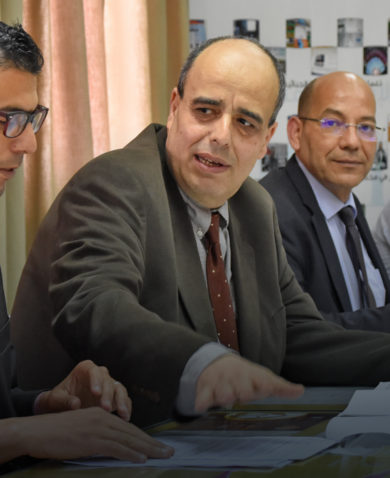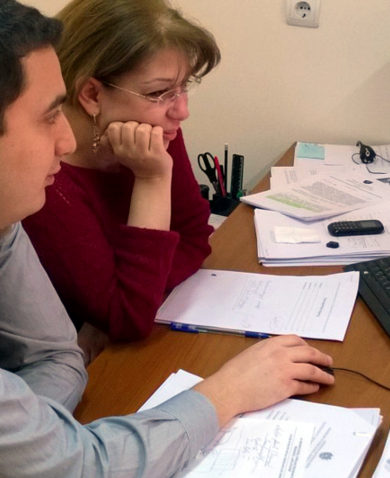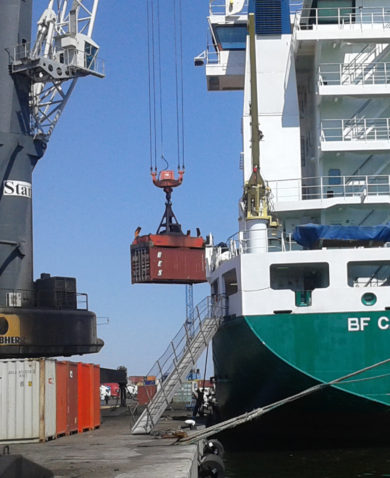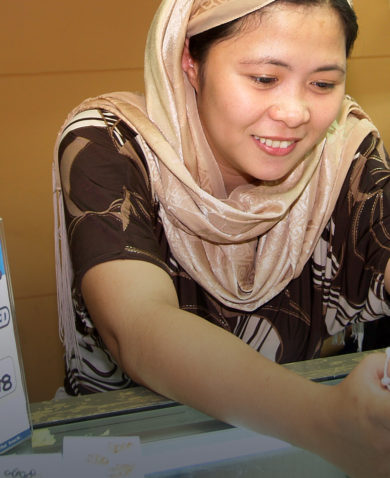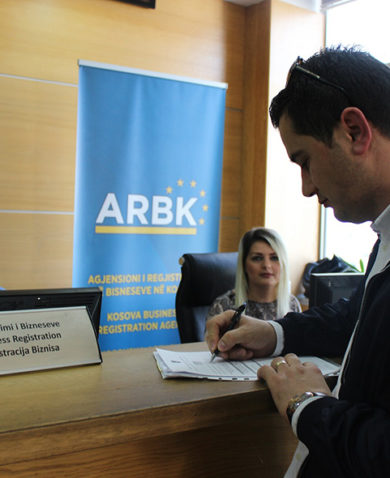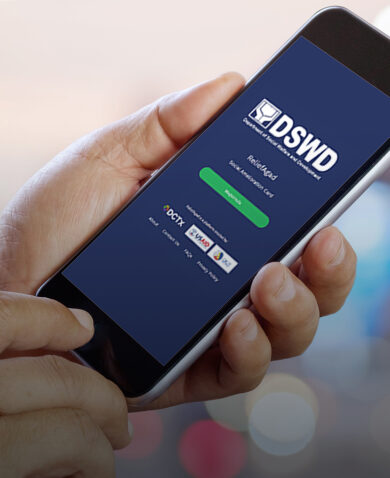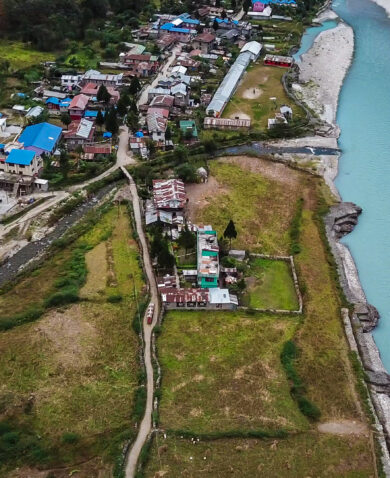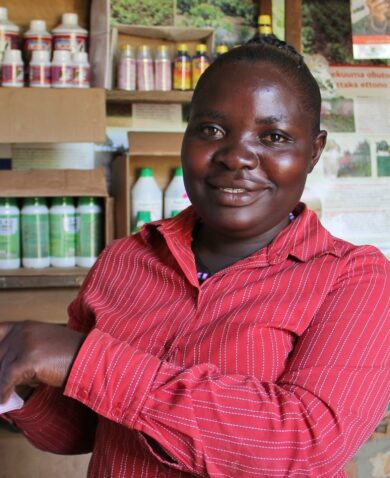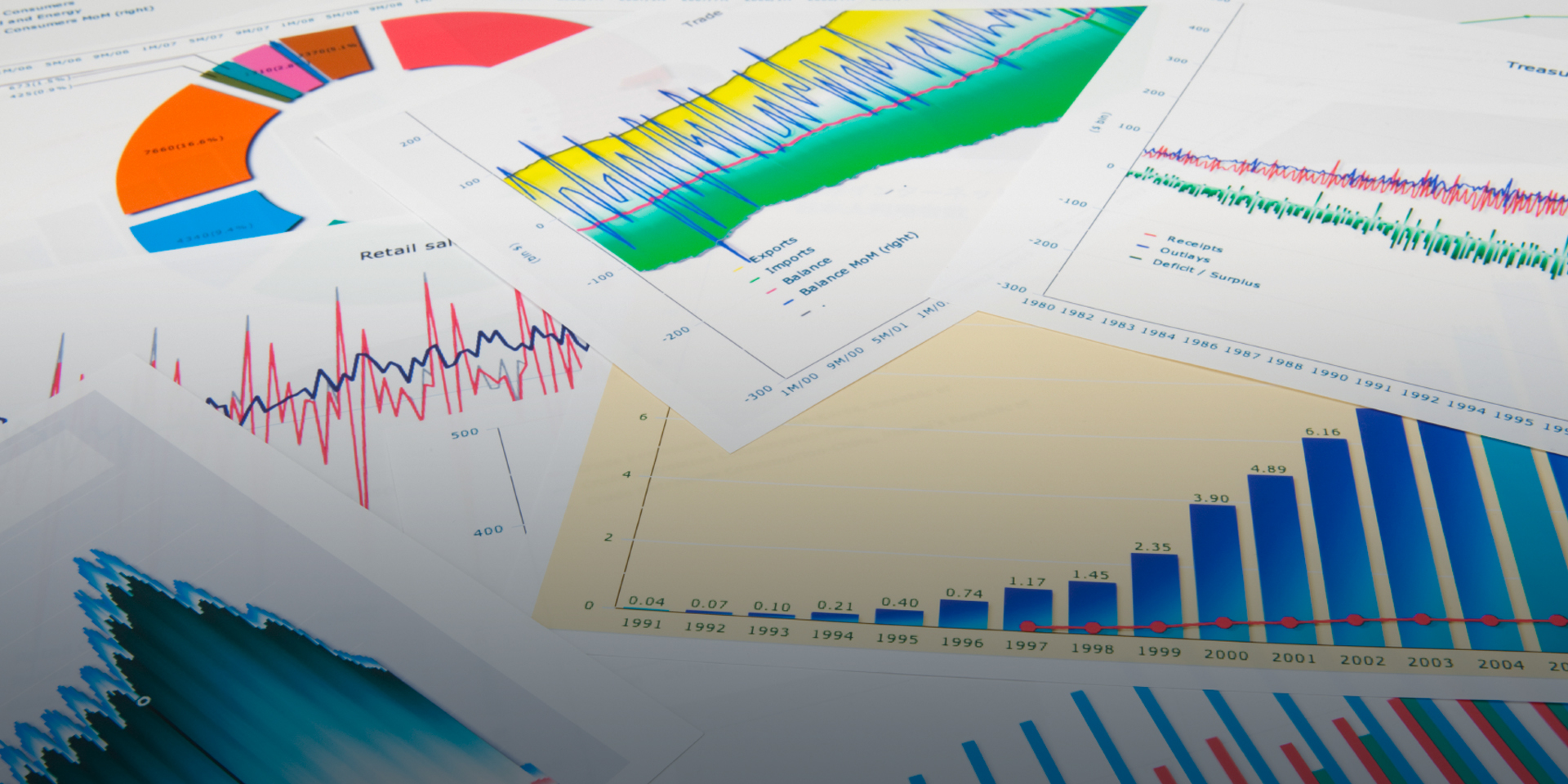
The Journey to Better Development: Financial Sector Tools Worth Revisiting
July 25, 2019 | 3 Minute ReadRevisiting financial sector tools and resources can make our development dollars go further.
If we’re going to make development dollars go further, we need to build on and learn from our experiences as implementors. Recognizing this, we revisited several frequently requested economic growth resources produced by Chemonics, our partners, and USAID through the USAID Financial Sector Knowledge Sharing Project (FS Share), which closed in 2012.
While reviewing the resources from FS Share — white papers and training materials created years ago — we found traces of today’s hot topics in development, including the Journey to Self-Reliance, private sector engagement, and health sector finance. We also uncovered tools, diagnostic checklists, and model scopes of work that could serve as useful guidelines for program design today.
Below, we present three tools that our partners and colleagues in the development industry could use and build upon when implementing economic growth programs.
1. Guidelines for Rapid Financial Crises Assessment
The Scenario: There has been a financial crisis. Maybe it is global; maybe not. Maybe the price of oil dropped in a resource-dependent country, and the currency rapidly devalued. Perhaps a system-critical bank is insolvent, and folks are withdrawing their assets — their confidence in the system diminished. The World Bank and the International Monetary Fund offer comprehensive assessment tools that give a holistic view of the financial sector, but right now you need something simpler, faster, and action-oriented.
The Tool: FS Share’s Guidelines for Rapid Financial Crises Assessment would be a good place to start. The tool offers a five-dimension framework that covers everything from a crisis’ impact on the public sector’s financial soundness to its impact on households. We applied it in Armenia after the global financial crisis. The tool informed three approaches that USAID/Armenia designed and initiated to safeguard financing for small and medium-size enterprises in an environment where demand for goods and services dropped and credit terms were tightening.
2. Capital Markets Assessments Tool
The Scenario: Your project is working in a country where the next step in the Journey to Self-Reliance is establishing a functioning investment framework and capital market. Or, perhaps the country in which you’re working just passed pension reform legislation, requiring investment in domestic instruments, but there are no domestic instruments beyond government bonds. There is a demand for change, but where do you start?
The Tool: With some tailoring to a country’s unique characteristics, FS Share’s Tool to Conduct Capital Markets Assessments in Developing Countries can help steer you through the main elements of your country’s capital markets. The tool is designed to identify entry points where your program can achieve the greatest impact. We applied the tool in Azerbaijan, identifying priority constraints and recommendations that touched on salient topics from market surveillance to governance of financial market institutions.
3. Strengthening Agricultural Lending Toolkit
The Scenario: Your project is working with a financial institution that is interested (or could be interested) in developing an agricultural lending portfolio. Perhaps previous donor work in the country helped this institution’s competitors manage successful agriculture loans. Its decision-makers want to know if you have any tools to offer — anything that will help them understand the market, navigate establishing an agricultural lending unit, or develop new loan products.
The Tool: FS Share’s Strengthening Agricultural Lending Toolkit provides the framework and tools for strengthening agricultural lending at the financial institution level and would answer at least some of the questions your partner has. First applied in the Democratic Republic of Congo and then to a microfinance institution in Ghana, this toolkit was particularly helpful for financial institutions that were exploring partnerships with the Development Credit Authority. We look forward to seeing how the new Development Finance Institution modifies or applies these tools and principles.
While our in-country partners and beneficiaries make the Journey to Self-Reliance, the development industry has had its own journey toward more impactful work. It is worth our time to remember the learning and investments that brought us here — revamping proven frameworks and tools — to ensure that we don’t reinvent the development wheel but rather keep it rolling better.
If you are interested in other knowledge and resources generated by FS Share, check out the final report. Key areas of inquiry ranged from secured finance reform to strengthening credit bureaus to value chain finance. Frequently used and requested resources are also available on our corporate website and accessible via our FS Share Key Resources repository.
Posts on the blog represent the views of the authors and do not necessarily represent the views of Chemonics.









